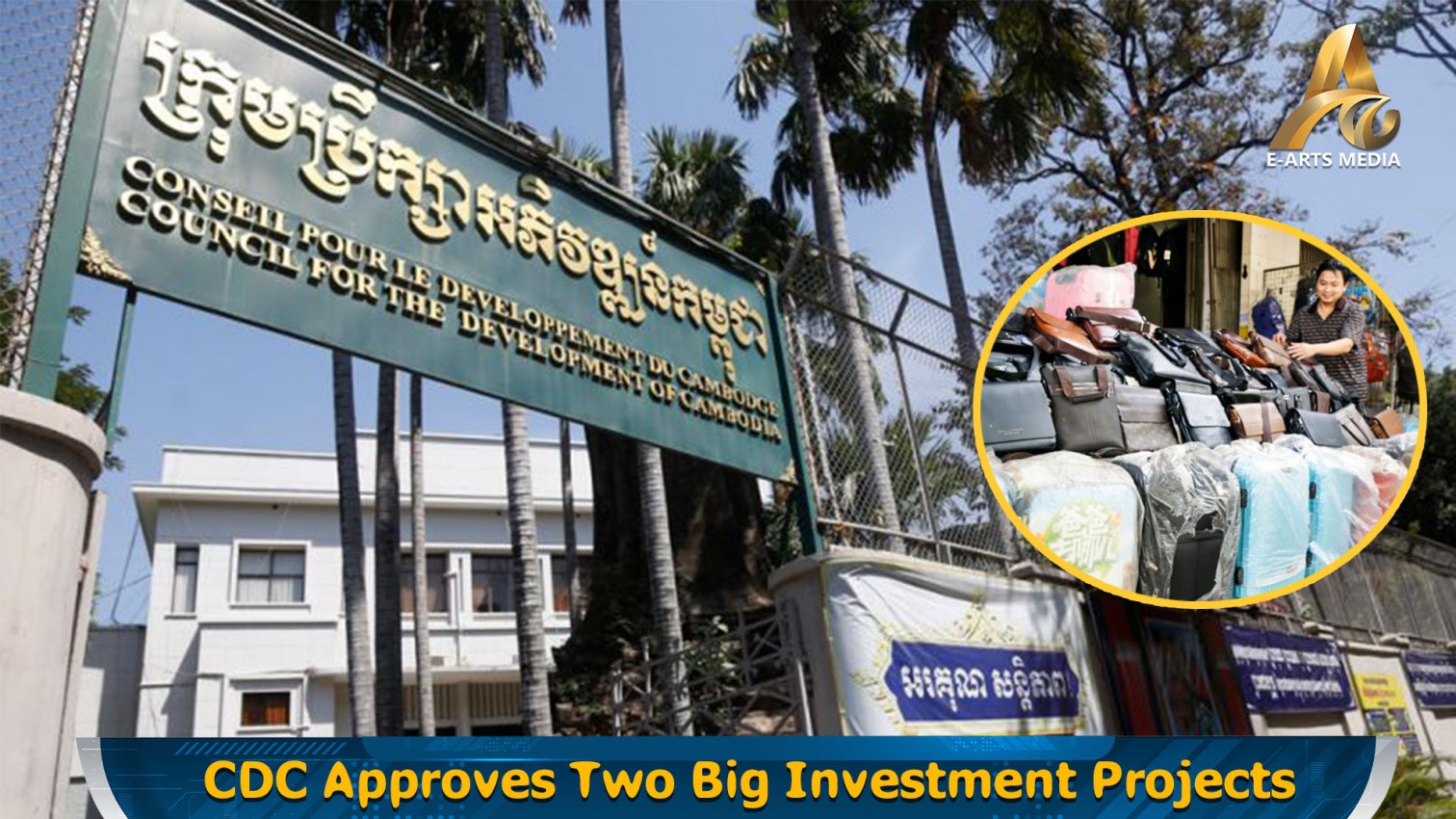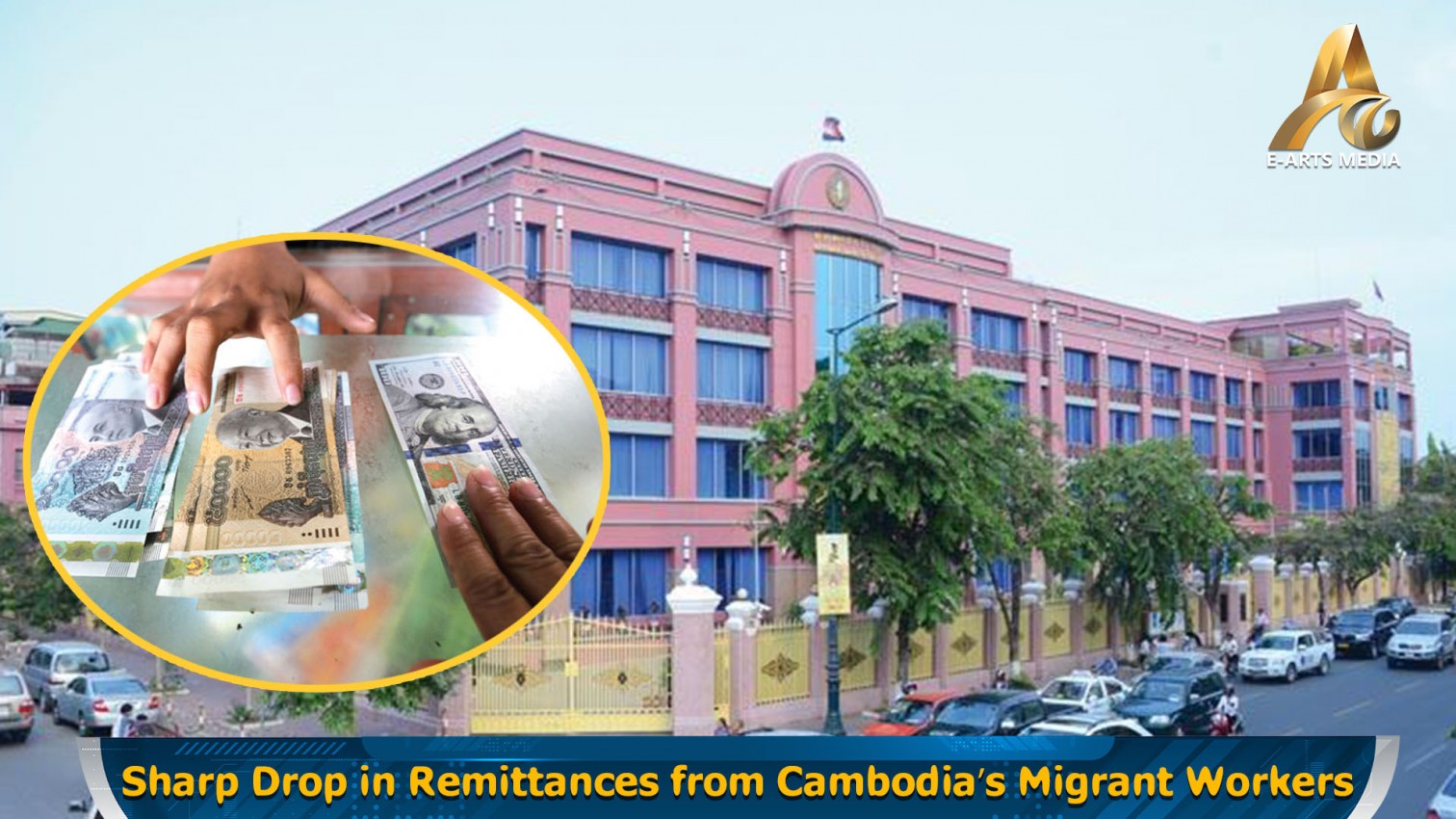PHNOM PENH: Members of CBRE, the leading real estate broker in Cambodia, held meetings to discuss the future of real estate in Cambodia, the challenges the market currently faces and how to address them. Led by Chairman Marc Townsend, the discussions reflected on CBRE’s 15 years on the Cambodian real estate scene and noted the rapid development of properties in the country and how developers need to rethink their strategies in order to survive an oversaturated market.
Cambodian developers are facing a crisis of supply and demand with every city in the world experiencing an oversupply of office space. According to CBRE Managing Director Lawrence Lennon, “Today we're looking at around a million square meters of office space. [In] 2019, we had 90% occupancy on average. Today it's around 58%.” Marc Townsend believes this is a case of developers getting caught up in the initial boom of large properties that took place pre-Covid and expecting the same returns consistently. “A lot of it is to do with rent, especially in relatively mediocre office buildings. The landlords were able to get a very high rent as they were developers of residential condominiums, where the price per square meter was as high as Bangkok and in many cases 2018, 2019, higher than Vietnam…I think it did get ahead of itself.” He also noted the need for more modern design. “You go to an office in Phnom Penh and the design layout is still something from the 70’s and 80’s. If we go to somewhere like Singapore or Hong Kong, it’s very collaborative,” he said. “If you want young people to come and work hard for you every day, you’re going to have to design the space very differently.”
Townsend notes that Covid, the return to work, the credit crunch and the war in Ukraine have all compounded to create a real estate market that has changed direction and is in desperate need of an overhaul in terms of how building managers build, use and design their properties. “If anybody is operating on the 2019 playbook, they are very likely to be left behind and become dinosaurs as it were, because the cycle is altered,” said Lennon.
The company promotes a circular strategy of refill, repurpose, re-energize, reposition and reuse for existing buildings to discourage the unwise and harmful practice of constantly knocking down buildings to build new. “Don’t tear something down until you’re absolutely sure,” said Townsend. CBRE praised the Factory in Phnom Penh as an excellent example of repurpose after developers turned a derelict Levi factory into a mixed use creative hub used by the community, new businesses and emerging artists.
When developers do choose to build new, Townsend stressed the need for them to think about long-term use of the building. With consumer trends and business models shifting all the time, developers should be thinking ahead to how their building could be used beyond its immediate purpose. “Don’t build anything, until you realize-particularly in the retail sector-retail trends are changing all the time,” he said. “There is a huge responsibility now with ESG [Environmental, social, and corporate governance], with global warming, to make sure when you build something, you’ve got to build it for a purpose that could change.”
The company notes affordability, demographics, urbanization, infrastructure, and lack of transparency as main drivers for real estate.Townsend also spoke on the obstacles standing in the way for major investors in Cambodia, especially when it comes to the lack of regulation. “[There is a] lack of transparency when I try and explain simple valuation models to my colleagues here and explain about floor area ratio or plot ratio, or zoning or height restrictions,” he said. His company’s inability to provide vital information on properties, which varies widely and without logic, “has created something that particularly for big institutional investors, is a real challenge and also for our values and appraisal teams, because there's a disconnect.”
Having worked in Vietnam for 20 years, Townsend witnessed the shift that happened for the country when Samsung became a major investor. “It’s changed the way everybody thinks,” he said. “Before, Vietnam was famous for shoes and garments. Now it's famous for Samsung and the change in the way people think…the way graduates think about what they can do, and the types of jobs they can have has changed dramatically. And everyone wants to be a tech entrepreneur…So how do we get Cambodia a big investor that can change the dynamic in the way people think about themselves through it?”
He did note a key advantage Cambodia has over Vietnam. “One thing that's happening unusually well here is infrastructure,” he said. “Your government here seems to have built these ring roads, built these bridges,” which he says signals to investors that Cambodia is serious about its economic development, however it remains unclear which direction the Kingdom will take.































